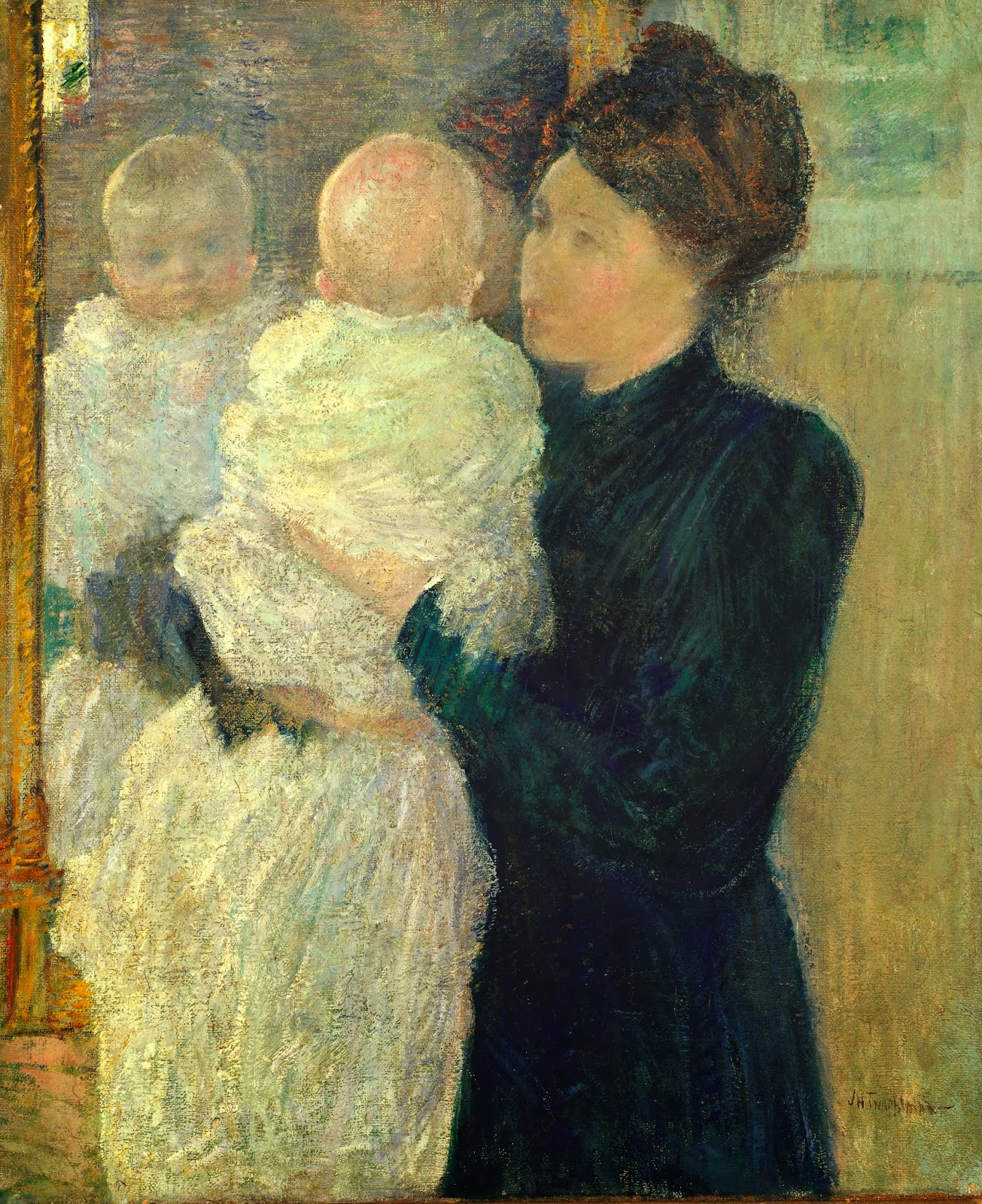No Country for Colostrum

In the first hours and days after a human baby is born, mothers aren’t producing the white biofluid that typically comes to mind when we think about milk. They synthesize a yellowish milk known as colostrum or “pre-milk.” Colostrum is the first substance human infants are adapted to consume, and despite being low in fat, colostrum plays many roles in the developing neonate (1). Historically and cross-culturally, colostrum was viewed very differently than it is amongst industrialized populations today. Colossus Colostrum A colossus is not just something large, it can be “something of great power, influence, or importance.” Colostrum, the smallest drops for the tiniest tummies, effectively fits this definition because of its substantial effects on organizing the infant’s health, metabolism, and microbiome. At birth, babies are first appreciably exposed to maternal and environmental microbes while they have relatively naïve and immature immune systems. During this neonatal...
